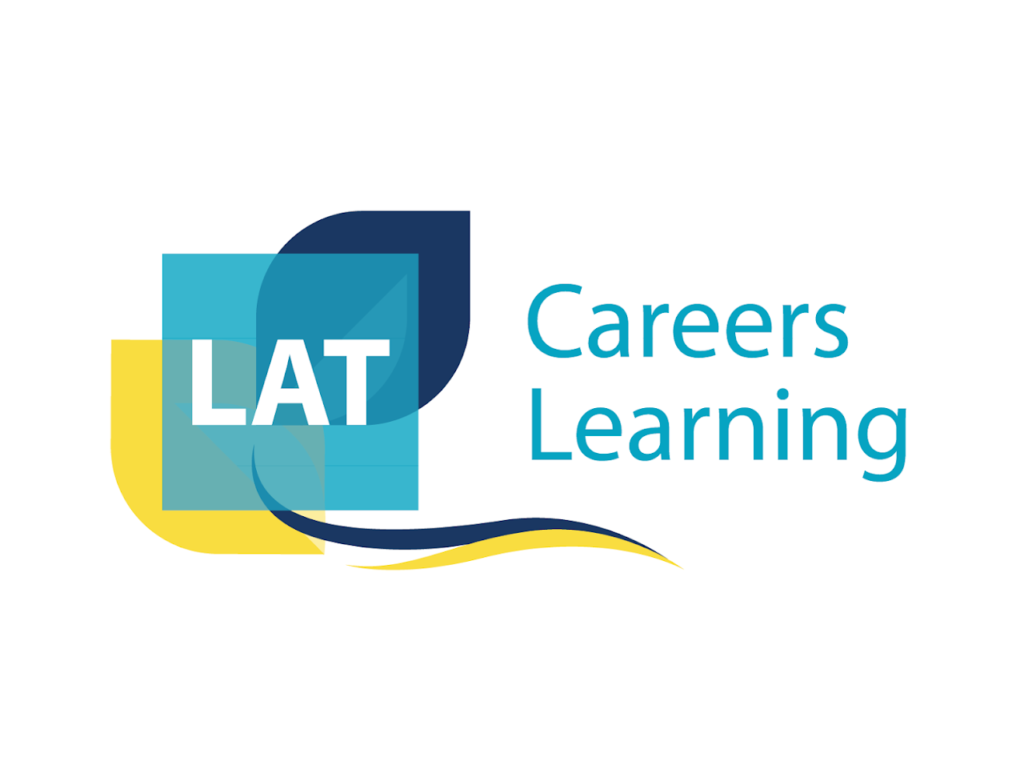This is an important part of decision making and moving into the future successfully. Thinking through what you would like to do in the future, what and how you would like to study, what is required for specific jobs, and what actions you may need to take to gather the relevant information you need to help you decide.
Typically, people believe that writing action plans is the job of the careers adviser or teacher. Actually, the best person who can form an action plan is – you guessed it – YOU!
When you’ve created the plan yourself, you will find the following:
- You are more likely to follow it through
- You are more likely to understand it
- It will be tailored to suit you and your own unique situation
- Having ownership of the action plan makes it more personal and meaningful
There is no “one correct way” to do this. However many people find the 3-step approach easy to follow and very helpful (it is based on an idea by a man called Egan);
- Your current situation (such as your year group, subjects you are doing, your ideas)
- Your desired future, or “perfect future” – what will this look like? How will it feel?
- How will you get there? What steps and actions do you need to take to reach your goals?
Some people find dream boards a creative and expressive way to plan their future. These are collections of pictures, articles, drawings and other things that help you think clearly and focus on what you want. Others create scrapbooks to keep track of their ideas for the future. You could use both, a written action plan alongside a dream board or scrapbook.
You may want to think about the following when forming your action plan:
- How important is the future to you?
- Do you need to attend any open days? (These are information days held at schools, colleges, universities or companies)
- What do you need to find out? (You may not know all the subjects that are on offer at 6th form or college for example, and new subjects you haven’t done before may turn out to be amazing – if you can take the time to find out more about them)
- Have you done your careers research? (Looking into different jobs and how to get into them, what would suit you and your skills?)
- Who do you need to speak to for help and advice? (This could include parents or guardians, teachers, friends, a careers advisor and others)
- What are you applying for and when do you need to do this? (Feature this into your plan, don’t leave it too late to apply – places could get filled by other applicants!)
- What will your backup plan be? (Having a backup plan is a sensible way of covering yourself if you don’t get accepted onto your first choice)
- Consider SMART goals. People who plan in SMART ways are more likely to follow-up the actions they set for themselves.
SMART goals
- Specific
- Measurable
- Achievable
- Realistic
- Time-based
- Bragfolder is an online portfolio of achievements and ideas, including a journal section to record your experiences and what you gained from them. You can find Bragfolder here.
- Use your mobile phone to record important dates such as open days, interviews and more.


